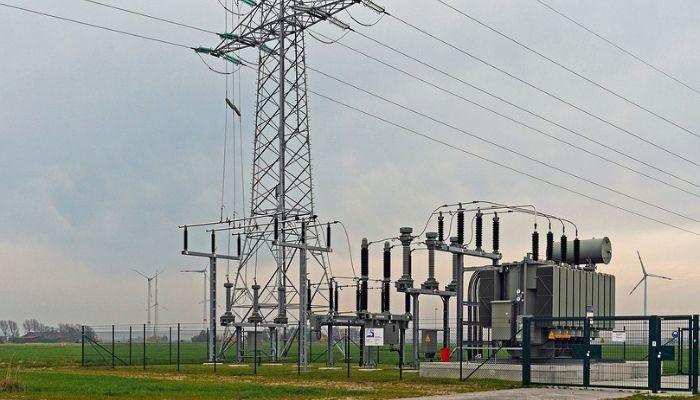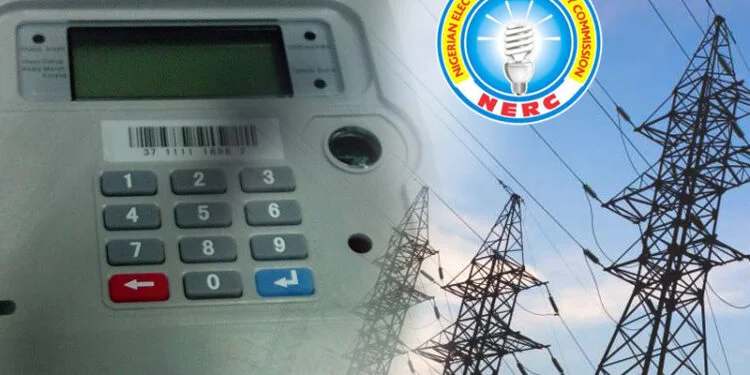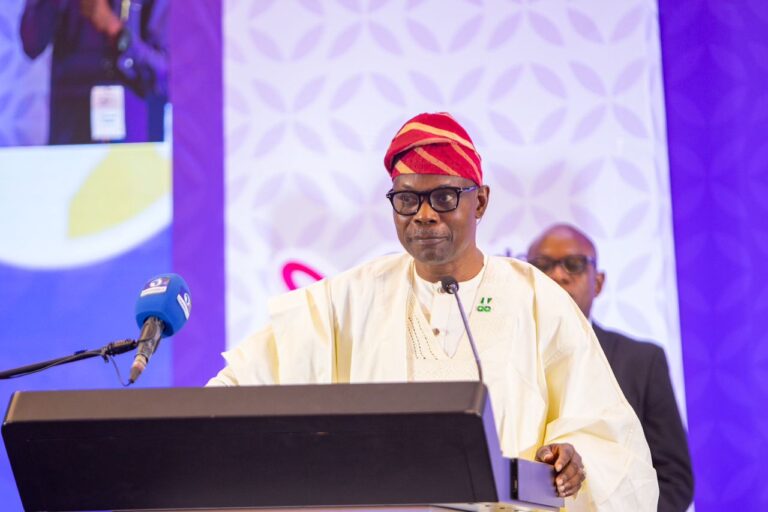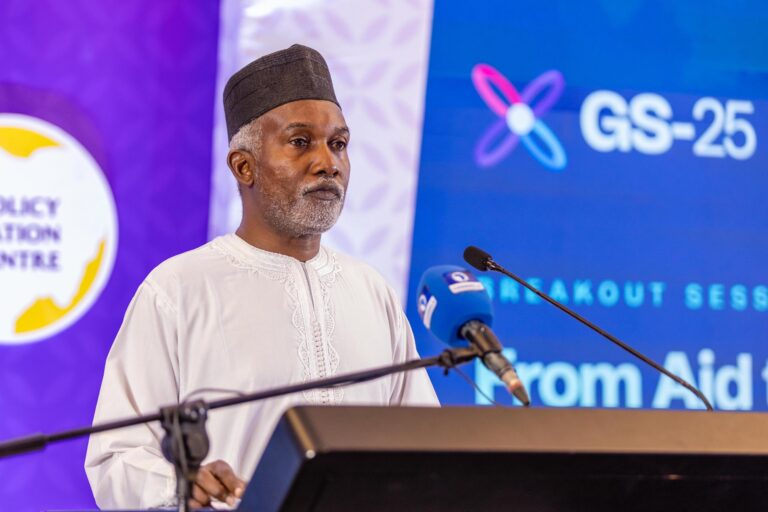
More states have announced plans to reduce electricity tariffs in their jurisdictions after the Enugu Electricity Regulatory Commission issued a new tariff order to MainPower Electricity Distribution Limited, revising the electricity cost for Band A customers from N209 per kilowatt-hour to N160/kWh, effective August 1, 2025.
This was, however, vehemently opposed by power generation and distribution companies, who claimed that the move may cripple the sector, as the Gencos declared that the industry is indebted to power producers to the tune of over N5tn.

As the Gencos and Discos attacked Enugu State over its move on Monday, the state insisted on its decision, stressing that it followed all required processes to arrive at the new N160/kWh power tariff for Band A consumers.
The power firms kicked against the Enugu Electricity Regulatory Commission’s planned cut of Band A electricity tariffs, warning that the decision relies on questionable subsidy assumptions and poses serious risks to the country’s fragile power sector.
In a statement issued on Monday by the Chief Executive Officer of the Association of Power Generation Companies, Joy Ogaji, the Gencos stated that the tariff revision sets a precedent for all other states and fails to reflect the true cost of electricity generation.
However, still on Monday, more states with independent electricity regulatory powers indicated their interest in slashing tariffs like their Enugu counterpart.
Recently, the Nigerian Electricity Regulatory Commission disclosed that seven states now control their electricity markets in accordance with the Electricity Act 2023. The states are Enugu, Ondo, Ekiti, Imo, Oyo, Edo, and Kogi. Other states, including Lagos, Ogun, Niger, and Plateau, are expected to complete their transitions between now and September.
Ondo and Plateau states declared that they have plans to slash tariffs. Lagos said it would soon announce its tariff plans for Lagosians. However, Ekiti insisted on working with the current Multi-Year-Tariff Order of the Nigerian Electricity Regulatory Commission for the time being.
However, the Discos, who operate in these states, warned that any state planning to cut tariffs should be ready to pay the shortfall without any delay, saying they should not put such burdens on the Federal Government, which has yet to pay the N4tn owed to the Gencos.
EERC had announced on Sunday that it had reduced the Band A tariff in the state from N209/kWh to N160/kWh, effective August 1, 2025, while keeping tariffs for Bands B, C, D, and E frozen. The commission issued a new tariff order to MainPower Electricity Distribution Limited, reducing the electricity cost for Band A customers.
According to the commission’s Order No. EERC/2025/003, the move was deemed cost-reflective, insisting that the tariff must reflect the power generation subsidy by the Federal Government for the benefit of electricity consumers.
EERC Chairman, Chijioke Okonkwo, explained that the reduction in tariff became imperative following the commission’s review of MainPower’s tariff and licence applications as the new subsidiary of the Enugu Electricity Distribution Company operating in Enugu State.

But power generation companies disagreed, saying that the assumption by Enugu State was deeply flawed and dangerous. According to the Gencos spokesperson, Ogaji, the EERC tariff order made it imperative to provide some clarification on the news that the Federal Government had provided a subsidy for electricity.
She stated that there is no government policy on subsidies but debt accumulation, wondering why the Enugu state government is placing more burden on the GenCos, who bear the brunt of unpaid subsidies.
“It is imperative to state that there is no FGN policy on subsidies. It is a debt accumulation,” she stated. Ogaji warned that the N45 per kWh being covered leaves a 60 per cent cost gap that EERC assumed would be filled by the Federal Government, despite no official or cash-backed subsidies in place.
“This tariff issued by EERC has set a precedent for all other States. From their tariff order, only N45 is captured for the generation cost out of N112. This portends a bigger issue in the decentralisation of power or electricity to the states. There are many burning questions about dealing with obligations and liabilities (all legacy debts post privatisation but before the exit to state independence) in the decentralisation discourse.
“Does this position mean EERC is looking over to the FG to continue subsidising its electricity? How does EERC account for their share of the accumulated sector debt, or are they assuming assets with no liability? Should EERC not be designing its tariff to remove its dependency on the FG and make its market attractive for investors?” she queried.
Ogaji recalled that Nigerian power generators are collectively owed over N4tn. She noted that the Federal Government’s 2025 budget only earmarked N900bn for electricity support, a figure she described as inadequate and unable to cover even half of the sector’s annual generation invoices, which average N250bn monthly.
She regretted that “there are no workable solutions, including cash payments, financial instruments, and debt swaps in sight” at the moment. The 2025 government budget allocates only N900bn, raising concerns about its adequacy to cover arrears and future deficits. The power generated by GenCos has continued to be consumed in full without corresponding full payment.”



